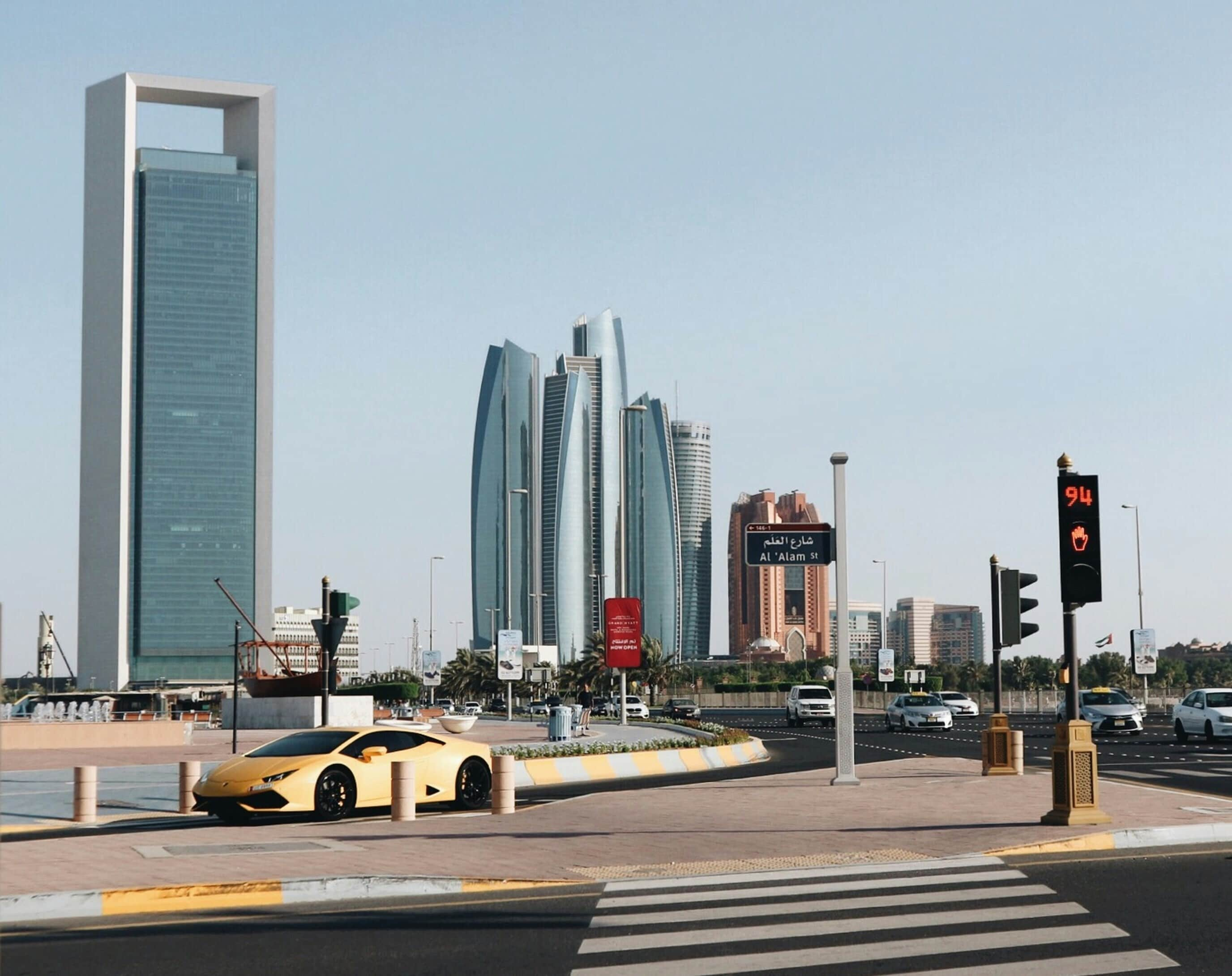US inflation cools – plus other economics stories to read this week

More economics news: Japan to cut growth forecast while UK's growing economy boosts new government.
Image: Renan Kamikoga/Unsplash
- This weekly round-up brings you the latest news from the world of economics and finance.
- Top economy stories: US inflation cools, Japan to cut its growth forecast, faster growth in UK boosts new government.
1. US inflation cools, raising hopes
Price increases in the US slowed significantly in June, raising hopes that the world's largest economy is moving past the high inflation triggered by the COVID-19 pandemic.
The Labor Department's Bureau of Statistics reported a 3% rise in prices over the year to June, the slowest rate in a year, driven by lower petrol prices and moderating rents, Reuters reports.
However, food prices and shelter costs both rose 0.2% in June, while grocery prices are up 1.1% and housing costs by 5.2% compared to the month before.
This marks the third consecutive month of declining inflation, lessening financial pressures on households and leading analysts to predict the Federal Reserve could lower interest rates as early as September.
"Barring rogue price data in July, the Fed has a checkered flag to reduce rates in September," said Brian Bethune, an economics professor at Boston College.
Earlier in the week, US Treasury Secretary Janet Yellen told the House Financial Services Committee that "inflation is coming down", with easing supply issues and a tight labour market continuing to reduce consumer price pressures.
2. Japan to cut growth forecast
Japan is set to reduce its economic growth forecast for the fiscal year ending March 2025 - from 1.3% to about 1.0% - due to rising import costs caused by a weakening yen, according to Reuters sources.
Despite the downgrade, the new estimate is higher than private-sector forecasts, with the government expecting wage hikes and extended fuel subsidies to boost spending.
Meanwhile, economists predict that the country's GDP will grow by 0.44% this fiscal year, according to a survey conducted by the Japan Center for Economic Research.
The Bank of Japan is also likely to trim its fiscal year growth forecast in July, which is currently at 0.8%.
How is the World Economic Forum improving the global financial system?
3. News in brief: Stories on the economy from around the world
Eurozone inflation eased to 2.5% in June, meeting market forecasts, with core inflation unchanged at 2.9%. This is slightly above economists' expectations, the Guardian reports, suggesting persistent price pressures despite overall moderation.
In its latest report, the Organization for Economic Cooperation and Development forecasts the world economy to return to pre-pandemic levels by late next year. However, it warns of uneven recovery and lingering risks.
Britain's economy grew faster than expected in May, expanding by 0.4% after no rise in April, data from the country's Office for National Statistics shows.
Malaysia has announced plans to finalize and sign a full-fledged pact with Singapore in September to develop a special economic zone (SEZ) in Johor state. Proposals include a passport-free immigration clearance system, as well as cooperation on renewable energy and simplifying business approvals.
Central bank reserve managers are concerned about unsustainable global government debt levels potentially driving up borrowing costs during an election-heavy year, according to a UBS survey. Among respondents, 37% highlighted it as a major risk this year, up from 14% last year.
Turkey's economy is "on the verge of a sustained disinflation", according to its Central Bank Governor, Fatih Karahan, who confirmed the present tight monetary policy would continue. Annual inflation dipped to below 72% in June from above 75% in May.
Accept our marketing cookies to access this content.
These cookies are currently disabled in your browser.
4. More on finance and the economy from our blog
A new Labour government in the United Kingdom has raised questions about the future of financial services and London's position as a global financial hub. Read more on how collaboration between the new government and industry stakeholders will be essential to deliver innovation.
Independent central banks play a critical role in stabilizing prices and managing inflation without political influence. Giving in to politicized pressures could harm finances, entrepreneurship and job creation, as seen in past experiences in emerging markets, warns Alejo Czerwonko of UBS.
Climate risks impact business performance via asset damage, operational disruptions and cash-flow reductions, affecting debt repayment and company valuation. Find out how financial institutions can manage these risks, shifting towards low-carbon portfolios and integrating climate considerations into risk-management frameworks.
Global fragmentation stands to reduce the world's economic output by as much as 7% in the long term, with acute implications for developing economies and trade flows. Follow the discussion on how finance leaders can reinforce cooperation at a time of rising geopolitical complexity, in this recent World Economic Forum panel session:
Accept our marketing cookies to access this content.
These cookies are currently disabled in your browser.
More on Financial and Monetary SystemsSee all
Dalal Buhejji
August 14, 2025
Hallie Spear
August 13, 2025
Sandra Waliczek
August 8, 2025
Rebecca Geldard
August 7, 2025
Aurora Matteini and Derek Baraldi
August 6, 2025
Sandra Waliczek and Harry Yeung
July 29, 2025





